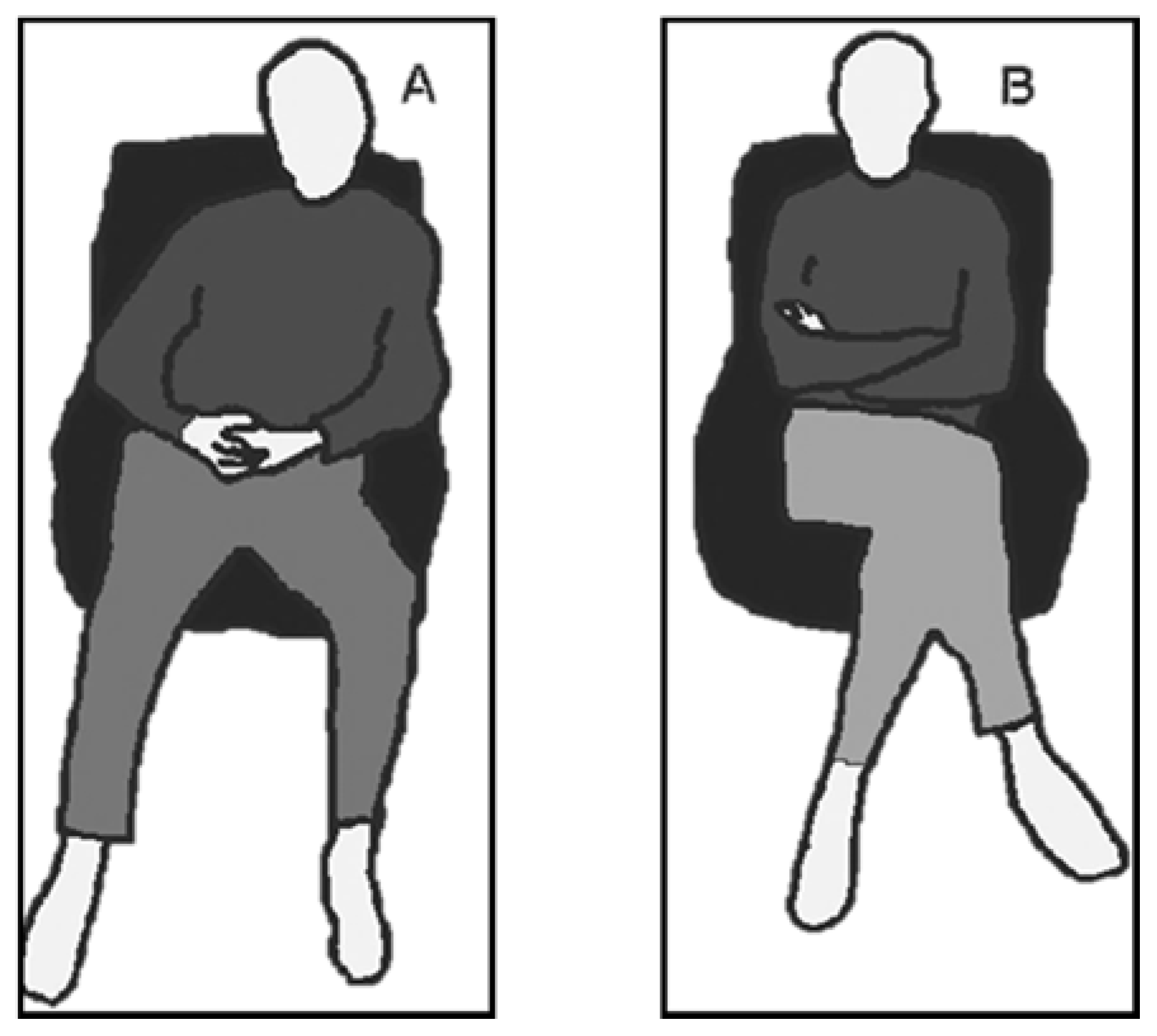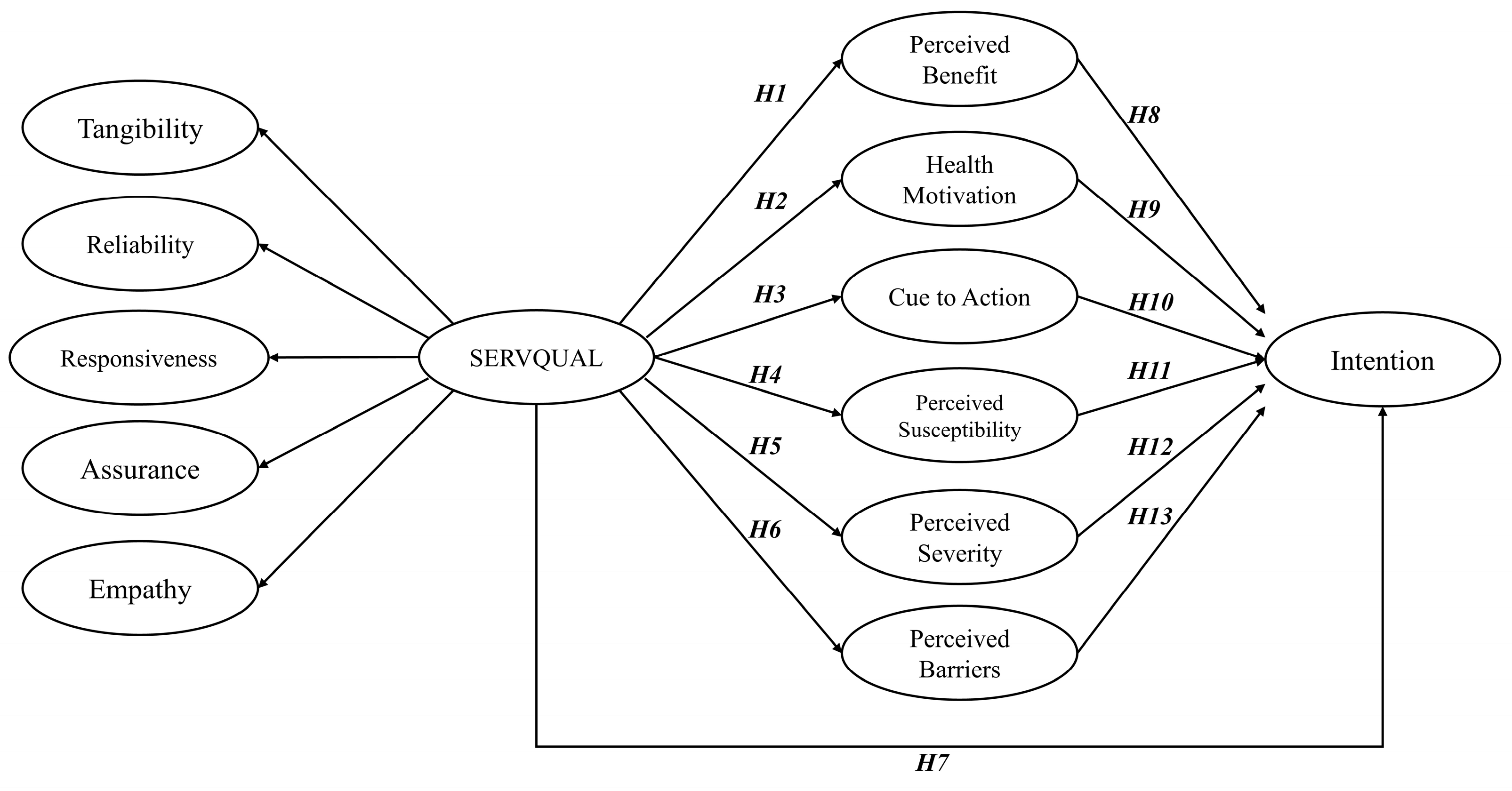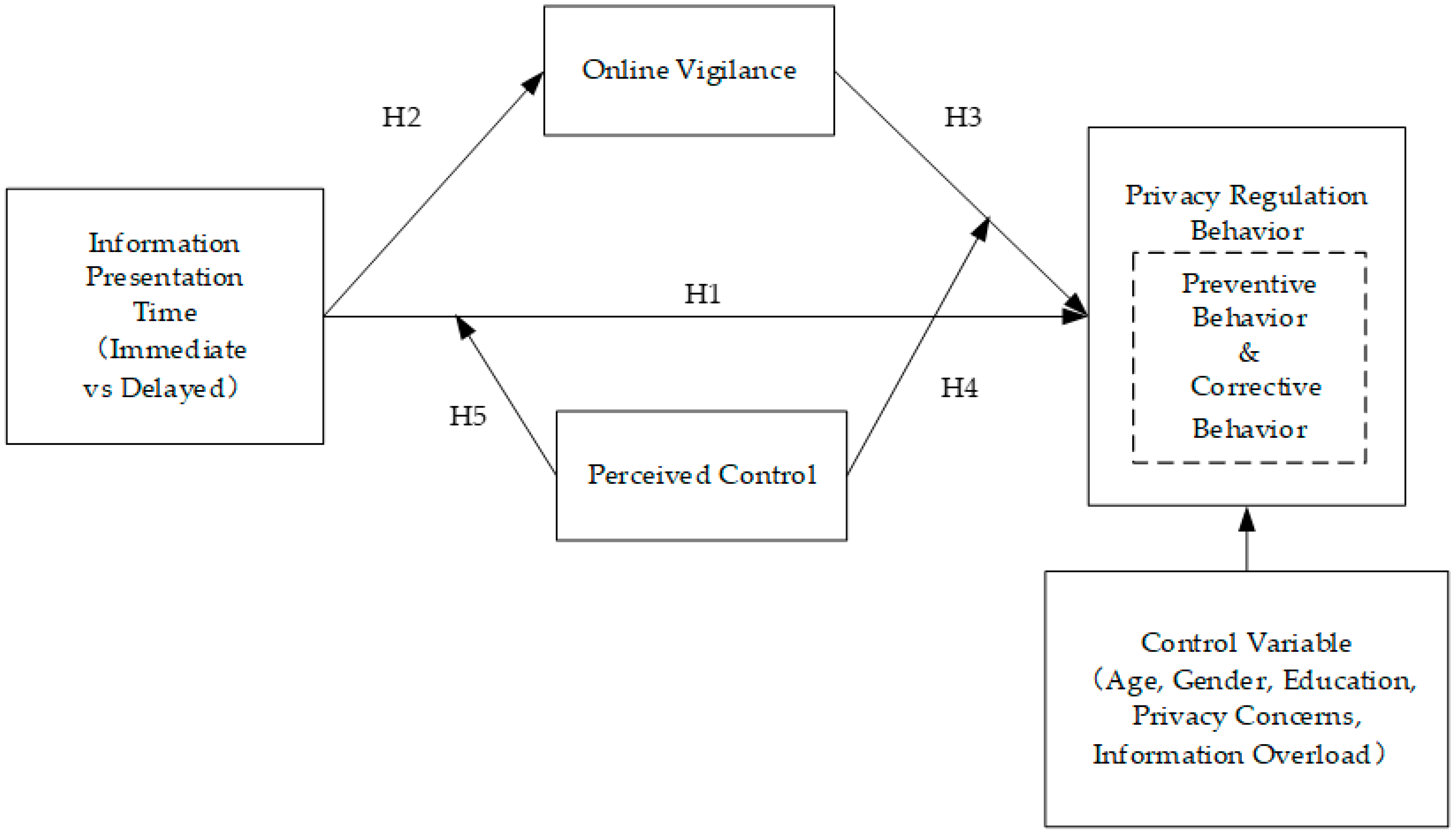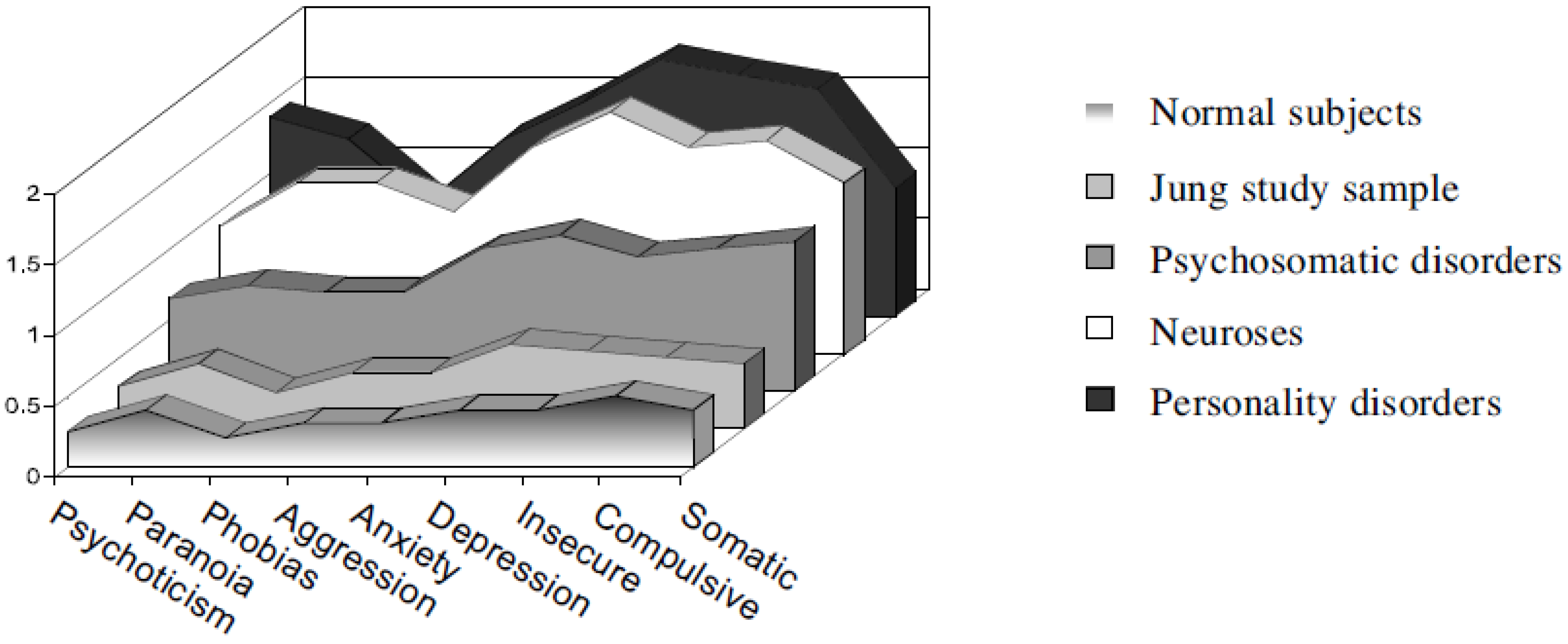Behavioral Sciences, Free Full-Text

Body postures can affect how we process and attend to information. Here, a novel effect of adopting an open or closed posture on the ability to detect deception was investigated. It was hypothesized that the posture adopted by judges would affect their social acuity, resulting in differences in the detection of nonverbal behavior (i.e., microexpression recognition) and the discrimination of deceptive and truthful statements. In Study 1, adopting an open posture produced higher accuracy for detecting naturalistic lies, but no difference was observed in the recognition of brief facial expressions as compared to adopting a closed posture; trait empathy was found to have an additive effect on posture, with more empathic judges having higher deception detection scores. In Study 2, with the use of an eye-tracker, posture effects on gazing behavior when judging both low-stakes and high-stakes lies were measured. Sitting in an open posture reduced judges’ average dwell times looking at senders, and in particular, the amount and length of time they focused on their hands. The findings suggest that simply shifting posture can impact judges’ attention to visual information and veracity judgments (Mg = 0.40, 95% CI (0.03, 0.78)).

Behavioral Sciences, Free Full-Text

Suzanne C. Dudley, CPA - President & CEO - Behavioral Sciences Research Press, Inc

What Factors Influence Acceptance of Palliative Care Integration in Patients Living with Heart Failure?Penn State Nursing

19-0070 Dean Alfange Jr. Lecture Poster comp 4 (002).jpg, Department of Political Science

Behavioral Sciences, Free Full-Text, alone synonym

Behavioral Sciences, Free Full-Text

Generation Alpha better at spotting fake news and not tech, i can

PDF) What is Behavioural Science? LEARNING OBJECTIVES

Behavioral Sciences, Free Full-Text

Behavioral Sciences, Free Full-Text
Organization Assessment Research and Practice: The Continuing Tension - Marvin R. Weisbord, 1981